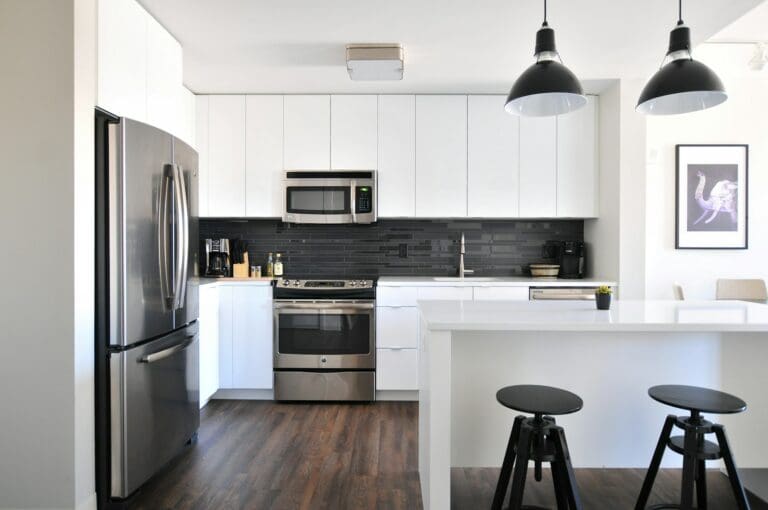Summer is a time of fun, relaxation, and outdoor activities. However, as temperatures rise, so does the risk of heat-related illnesses such as heat exhaustion and heatstroke. These two conditions can be quite dangerous if left untreated, and can even be life-threatening in some cases. While they share some symptoms, heat exhaustion and heatstroke are two distinct conditions that require different treatments. In this article, we will explore the differences between heat exhaustion and heatstroke, as well as their causes, symptoms, and treatments.
Causes
Heat exhaustion and heatstroke are both caused by prolonged exposure to high temperatures and humidity. However, the underlying causes of these two conditions differ. Heat exhaustion is caused by dehydration, which occurs when the body loses too much water and salt through sweating. This can happen when a person is working or exercising in a hot and humid environment, or when they are not drinking enough fluids. Heatstroke, on the other hand, is caused by the body’s inability to regulate its temperature. This can happen when a person is exposed to high temperatures for an extended period, and their body is unable to cool down. Certain factors can increase the risk of heatstroke, such as obesity, certain medications, and underlying medical conditions such as heart disease.
Symptoms
The symptoms of heat exhaustion and heatstroke can be similar, but there are some key differences. Heat exhaustion symptoms typically include heavy sweating, weakness, dizziness, nausea, headache, and muscle cramps. These symptoms are usually mild to moderate and can be treated by resting in a cool place and drinking fluids. Heatstroke symptoms, on the other hand, are more severe and can be life-threatening. These symptoms include a high body temperature (above 103°F), hot and dry skin, rapid heartbeat, confusion, and loss of consciousness. If left untreated, heatstroke can lead to organ damage and even death. It is important to note that heat exhaustion can progress to heatstroke if not treated promptly.
Treatment
The treatment for heat exhaustion and heatstroke also differs. If you suspect that you or someone else is experiencing heat exhaustion, the first step is to move to a cool place and rest. Drink cool water or sports drinks that contain electrolytes, and remove any tight clothing. If symptoms persist or worsen, seek medical attention. Heatstroke, on the other hand, is a medical emergency that requires immediate treatment. Call 911 or seek medical attention right away if you or someone else is experiencing symptoms of heatstroke. While waiting for medical help, move the person to a cool place and remove any excess clothing. If possible, immerse the person in cool water or apply cool, wet cloths to their skin. It is crucial to lower the person’s body temperature as quickly as possible to prevent organ damage.
Prevention
Preventing heat-related illnesses is key, and there are several things you can do to protect yourself. Stay hydrated by drinking plenty of fluids, especially when working or exercising in hot weather. Avoid alcohol and caffeine, which can dehydrate the body. Wear loose, lightweight clothing that allows your skin to breathe. Take frequent breaks in a cool place, and avoid being outside during the hottest parts of the day. If you must be outside, use sunscreen and wear a hat to protect your skin from the sun. It is also essential to be aware of the signs and symptoms of heat exhaustion and heatstroke and take prompt action if you or someone else experiences them.
Conclusion
Heat exhaustion and heatstroke are two serious conditions that can be prevented with proper precautions. By understanding the differences between the two and following some simple prevention tips, you can enjoy the summer months safely and without incident. Remember, if you or someone else is experiencing symptoms of heat exhaustion or heatstroke, seek medical attention right away. Stay cool and stay safe this summer!

